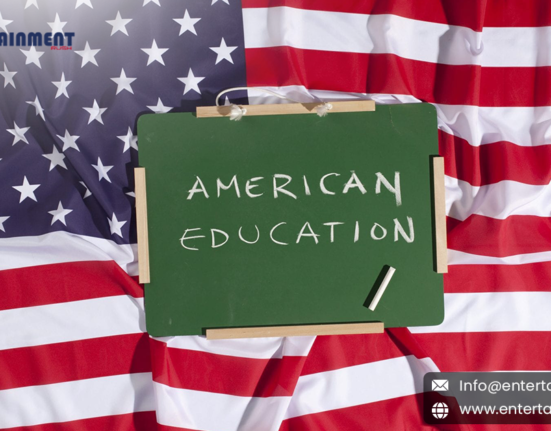In the realm of education, confronting the pervasive impact of poverty is not just a moral imperative but a critical step towards building a more equitable society. This blog delves into the multifaceted challenges posed by poverty on educational outcomes and explores proactive measures and initiatives aimed at mitigating its effects to ensure every child has a fair chance at a quality education.
Understanding Poverty’s Grip on Education
Poverty casts a long shadow over educational attainment, influencing access, quality, and outcomes for millions of children worldwide. Economic hardship often restricts access to essential resources such as textbooks, school supplies, and reliable transportation, hindering regular school attendance. Moreover, families grappling with financial instability may face difficult choices between basic necessities and educational expenses, exacerbating disparities in educational access. These barriers disproportionately affect marginalized communities, perpetuating cycles of inequality and limiting opportunities for social mobility.
Impact on Learning and Academic Achievement
The effects of poverty on learning are profound and multifaceted. Research indicates that children from low-income households often enter school with developmental delays and exhibit lower academic readiness compared to their peers. Persistent economic stressors can impair cognitive development and emotional well-being, impeding concentration, problem-solving abilities, and overall academic performance. Moreover, inadequate nutrition and healthcare exacerbate these challenges, creating a cycle where academic achievement becomes increasingly elusive for disadvantaged students.
Systemic Inequities and Educational Disparities
Systemic inequities embedded within educational systems further compound the impact of poverty on educational outcomes. Schools in low-income areas frequently contend with overcrowded classrooms, outdated facilities, and a shortage of qualified teachers. These disparities not only affect educational quality but also perpetuate a cycle where disadvantaged students receive an inferior education compared to their affluent counterparts. The resulting achievement gap reflects broader societal inequalities and underscores the urgent need for systemic reform to promote educational equity.
Proactive Measures and Initiatives
Addressing poverty’s impact on education requires a multifaceted approach encompassing policy reforms, community engagement, and targeted interventions. Governments and policymakers play a pivotal role in allocating resources equitably, ensuring adequate school funding, and implementing policies that support at-risk students. Early childhood education programs that provide comprehensive support for children and families can mitigate the effects of poverty on early development and lay a strong foundation for academic success. Furthermore, mentorship programs, scholarship initiatives, and vocational training opportunities can empower marginalized students to overcome barriers and pursue their educational aspirations.
Empowering Communities and Building Resilience
Empowering communities to advocate for educational equity and participate in decision-making processes is crucial for effecting sustainable change. Cultivating partnerships between schools, community organizations, and businesses can expand access to educational resources and create supportive networks for students facing economic hardship. Moreover, fostering inclusive learning environments that celebrate diversity, promote cultural understanding, and prioritize social-emotional learning can enhance resilience and empower students to navigate adversity effectively.
Towards Educational Justice
Confronting poverty’s impact on education demands collective action and unwavering commitment to social justice. By addressing systemic inequities, advocating for policy reforms, and investing in the potential of every child, we can create a future where access to quality education is a universal right rather than a privilege. Acting now to confront poverty’s grip on education is not only a moral imperative but a transformative opportunity to build a more just and inclusive society where every child can thrive.





Leave feedback about this